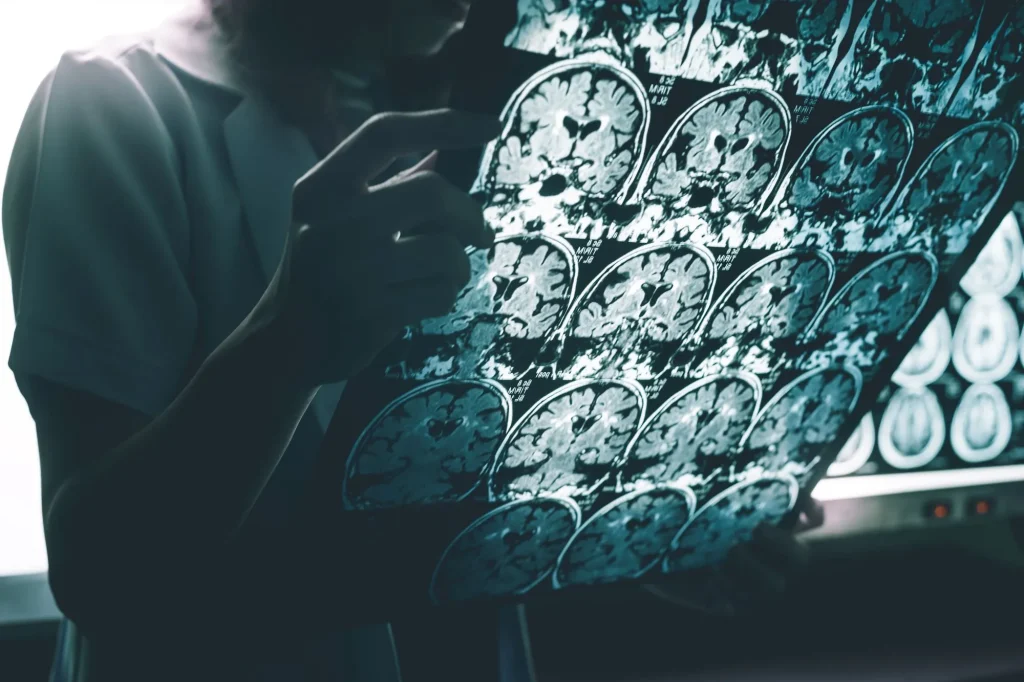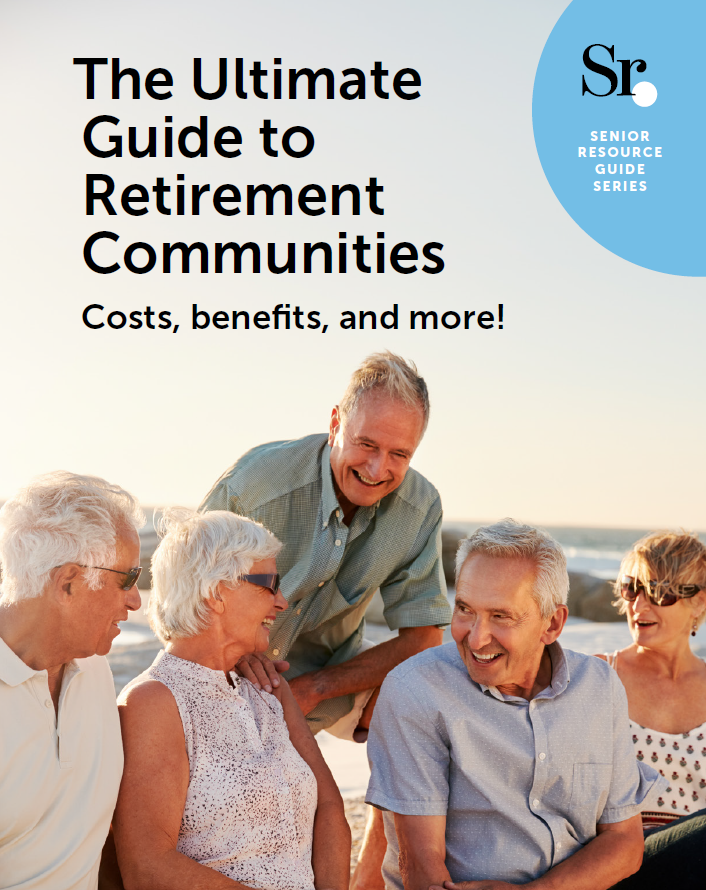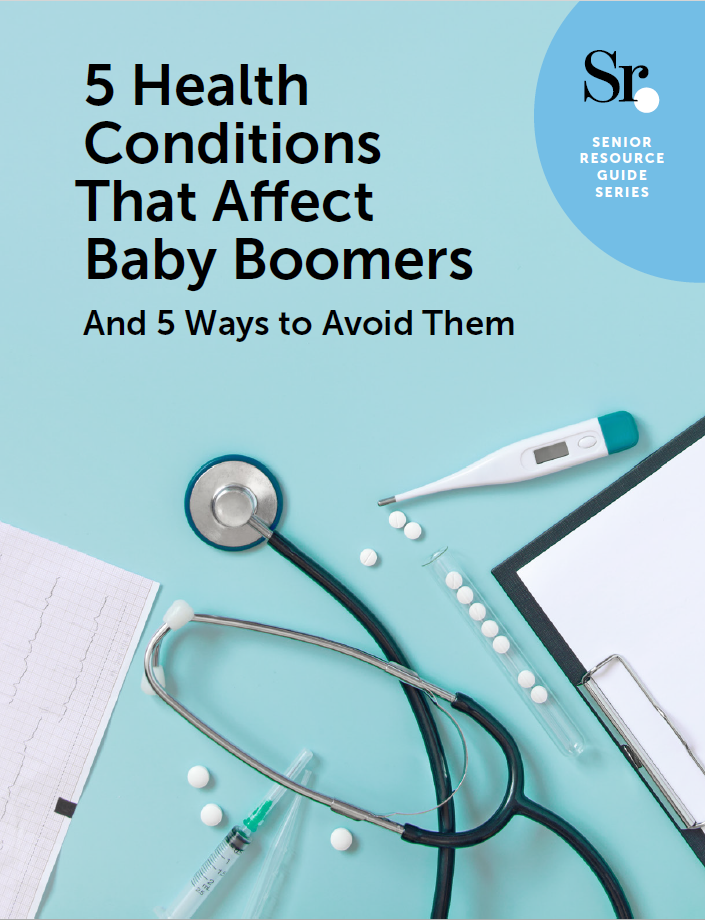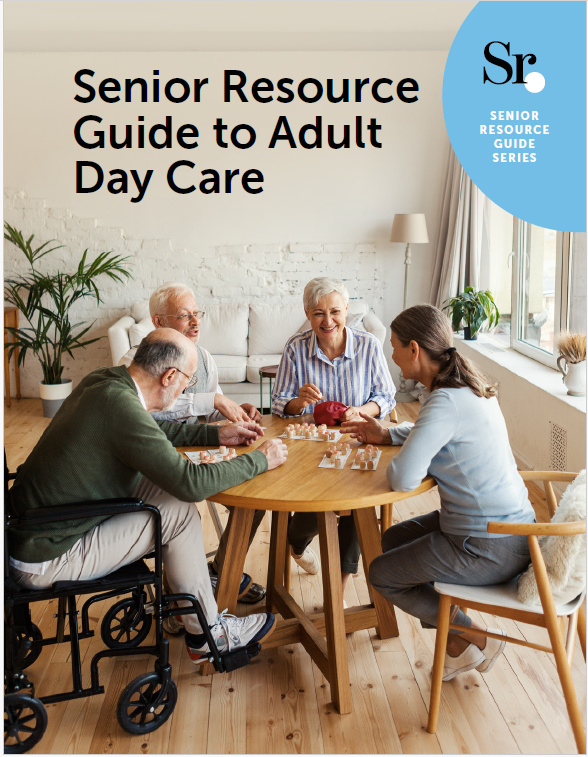How Likely Are You to Get Alzheimer’s if Your Parent Has It?

Alzheimer’s disease, a type of dementia that causes problems memory problems and cognitive decline, is a concern for many. Those who’ve seen their parents or grandparents suffer from the condition may be particularly concerned. Unsurprisingly, one of the many frequently asked questions regards the heredity of this disease. If your parent has Alzheimer’s, does that mean you’re destined to have it, too?
The Role of Genetics in Alzheimer’s

The influence of genetics on the development of Alzheimer’s disease is significant but not absolute. Some genetic variants can lead to a stronger probability of developing Alzheimer’s before age 65, and sometimes even earlier. However, there’s good news. 99 out of 100 cases of Alzheimer’s disease aren’t directly inherited. Research also indicates that individuals who have a parent or sibling with Alzheimer’s are more likely to develop the disease than those who do not have a first-degree relative with Alzheimer’s. In fact, people who have first-degree relatives with Alzheimer’s disease may be four to ten times more likely to develop the disease themselves.
Risk Factors for Alzheimer’s

In some cases, where a parent has a confirmed diagnosis, there’s a 50 percent chance of developing the disease. But again, more than 99 percent of Alzheimer’s cases aren’t inherited. So, even if a grandparent or parent has the disease, it doesn’t guarantee that you’ll develop it! Age is another significant risk factor. Age increases the risk of developing, affecting 31 percent of those older than age 60 and almost 42 percent of those older than 85. Furthermore, some people inherit two APOE e4 genes—one from each parent—which increases the risk of getting Alzheimer’s disease even more. Additional risk factors may include:
- Head injuries, such as TBIs (traumatic brain injuries)
- Heart disease
- Diabetes
- Strokes
- High blood pressure
- High cholesterol
- Smoking
- Excessive drinking
- Depression
The Bottom Line

Despite these statistics, it’s important to remember that they represent potential risk factors rather than definitive outcomes. Fortunately, research continues in the field of Alzheimer’s and other forms of dementia, with the hope of better understanding the disease’s causes and finding effective treatments. Overall healthy aging may decrease your risk for developing Alzheimer’s. So, remember to drink a lot of water, eat a healthy diet, exercise regularly, and stay socially active! And remember—genetics are just one piece of the puzzle. Having a parent with Alzheimer’s doesn’t necessarily mean you will, too.
More Help with Alzheimer’s and Dementia
- 5 Things I Wish I’d Known about Caring for a Parent with Alzheimer’s
- Reduce Your Risk of Dementia with These 7 Healthy Lifestyle Choices
- 8 Critical Signs It’s Time for Memory Care
Popular Articles About Alzheimer's and Dementia
Originally published April 22, 2024








